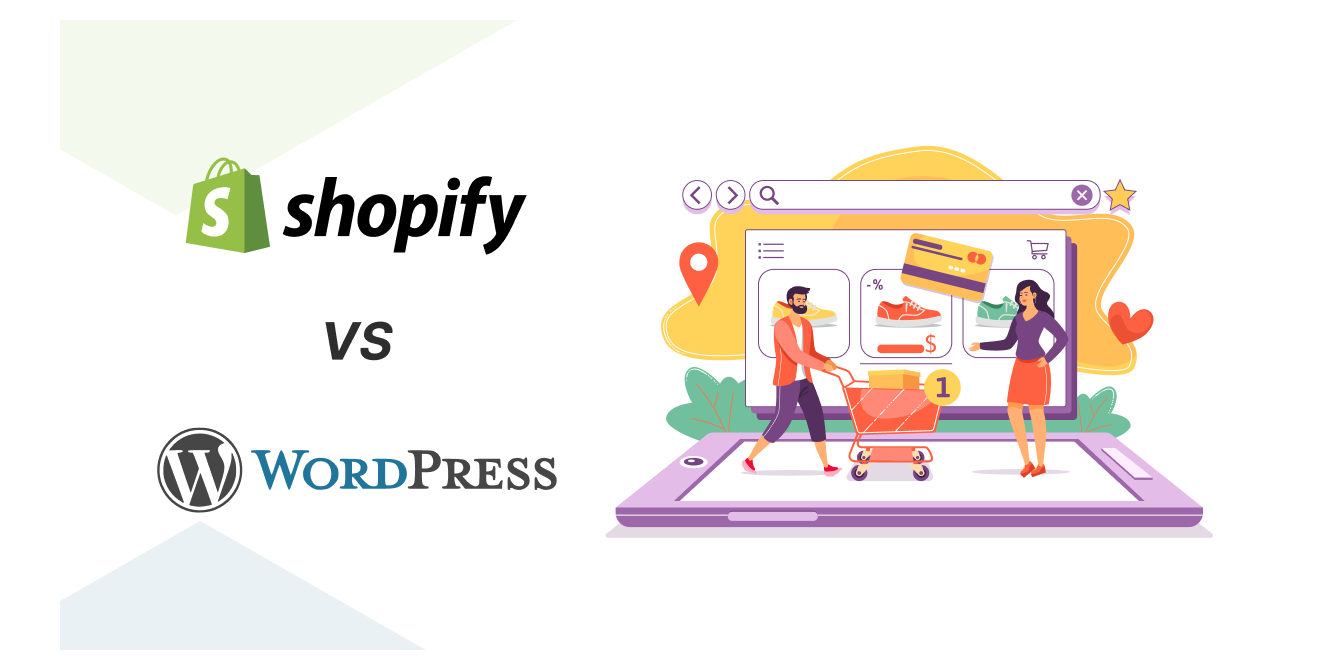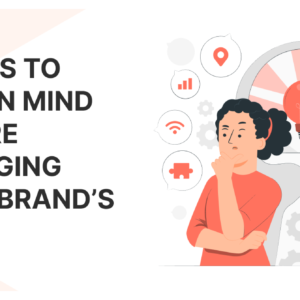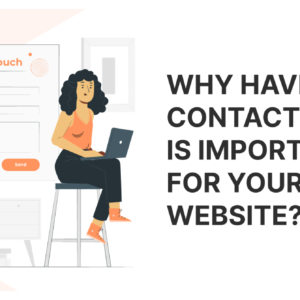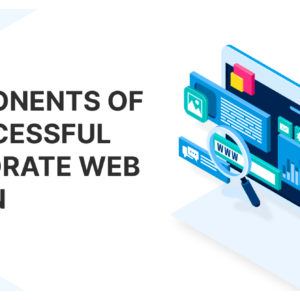Creating your own business entails a great deal of responsibility, especially if you are new to the area! You must consider every part of your business, including how you will sell your items, how you will market them, how people will learn about your brand, and many other little details that you will discover along the road!
Several large systems will allow you to sell your things online, like Shopify, Magento, Woo Commerce, and WordPress is the most popular. But, as everything has advantages and disadvantages, let’s look at the two most popular platforms: Shopify and WordPress.
SHOPIFY
Shopify enables you to sell your products online, accept online payments, and build your business, among other features. If you’re a new entrepreneur who wants to create websites, post blogs, and sell your items, Shopify is a great option. Just remember that you don’t need to be a tech whiz to get started; having a basic understanding of the platform will suffice. Take a closer look at some of Shopify’s advantages and disadvantages first.
- Creating a website with Shopify is far easier than with WordPress. You don’t need a developer to create a website on Shopify, and not knowing how to code isn’t a huge disadvantage if you want to start an e-commerce business.
- Shopify handles all of your payments, inventory management, and delivery for you. You can sell anything here, but keep in mind to select the best goods for your customers.
- Shopify has a variety of plans available to its users; all you have to do is choose whatever plan is best for your business and you’re ready to go!
- The most significant disadvantage of Shopify is that, because it handles everything for the user, the user has minimal authority over their website, which can be tough to manage at times.
- Shopify offers its members over 100 different themes for their business, some of which are charged and some of which are free!
- Another fantastic aspect of Shopify is that it allows you to link your online business with your physical store.
- Shopify is also a reasonably priced option. You’ll need $29 per month to get started and you also get a lot of site designs and personalization possibilities for that money.
- If you wish to alter the theme of your Shopify website, you must reformat all of the content.
WORDPRESS
Why not WordPress?! This is the first notion that comes to mind if you want to establish an online business. Even though WordPress gives you a lot of options, such as adding videos, photographs, and blogs, you still need to grasp the basics of coding and website design. The most crucial thing to remember when deciding between Shopify and WordPress is that Shopify does not require a URL, whereas WordPress does.
- To begin, you’ll need to purchase a domain and a web hosting account where the latest version of WordPress can be installed.
- No other website builder compares to WordPress in terms of flexibility.
- It lets you completely personalize your website to make it a great fit for your needs.
- You also need to check the configuration process of your online stores like the payment, products, details about your store, and many more things.
- Another disadvantage of WordPress is that it offers little or no customer support. When you run into an issue with your eCommerce site, you’ll have to figure it out on your own, but Shopify offers customer assistance and can be reached through their support team.
- In WordPress, you can choose from thousands of free designs and can also get content management features.
- WordPress is software that you can get for free but then later you have to install the web host, configure it and then make a website for your store or company!
Shopify is like visiting a nursery, purchasing a plant, placing it in a lovely pot, and bringing it home! Getting a seed, a pot, and then returning home to cultivate that seed is what WordPress is like! Everyone loves a different approach; some people choose to develop the plant from seed because they are knowledgeable about gardening, while others prefer to bring a ready-made plant!
So, it’s entirely up to you to decide what website you want to create! If you know how to code and design websites, WordPress is the way to go, but if you don’t, have a small business, and are new to the area, Shopify is the way to go!





